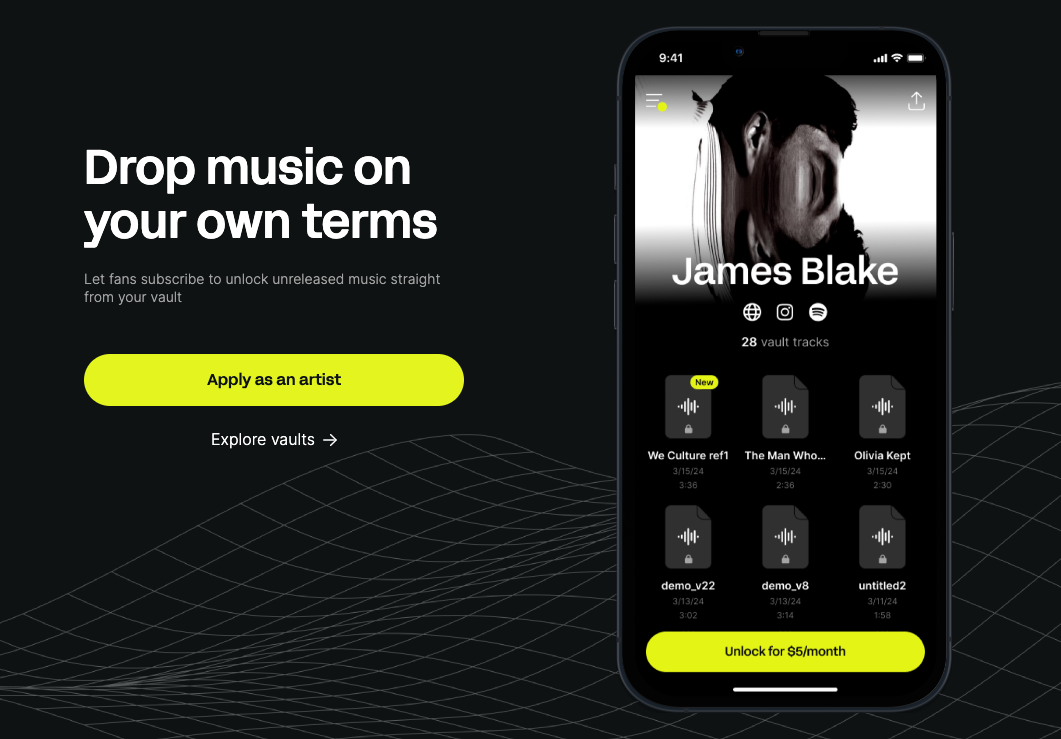UntAPPed Success: Why All Businesses Should Be Embracing Apps
Opinions expressed by Entrepreneur contributors are their own.
You’re reading Entrepreneur Middle East, an international franchise of Entrepreneur Media.
These days, people can fulfill virtually every need whenever and from wherever. Whether it’s buying groceries and booking a mani-pedi at home, tailored fitness coaching or travel planning, there’s an app out there that will give access to almost anything.
As people in the 21st century, we all love apps- but why do so many businesses miss a trick with mobile technology? The values are plenty- though, what are the true benefits of an app version of a business, brand, or service? Many still use outdated technologies, or have no app identity whatsoever, and have yet to invest in mobile development. The untapped potential to make the most of this trend is high.
MOBILE APPS VS. WEBSITES
The first step in mobile application development is to decide whether to use mobile apps or websites as platforms for launching and running operations. Corporations with big budgets tend to opt for both channels, while most small- and medium-sized businesses (SMBs) and entrepreneurs, often choose just one of the platforms.
Either way, futureproofing your business should never be dictated by a lack of technical understanding and skills. With rapidly developing technologies and artificial intelligence (AI)-powered composable software platforms, bringing new ideas to life has never been easier. For example, one of the biggest challenges has always been the massive variance between the final product from the original app idea, but AI can use deep learning (DL) and natural language processing (NLP) to facilitate human-like conversations, and process information to inspire ideas.
The decision should really only depend on very few factors– the cost, desired features of your minimum viable product (MVP), and target audience. Recently, however, compelling evidence suggests that mobile apps convert sales leads better than any other platform. Why? There are five main reasons:
1. APPS ARE MORE PERSONALIZED The scope for personalization is unparalleled as apps leverage a device’s native features to deliver a highly customized user experience (UX). You can also analyze user behavior more easily, and offer customers tailored updates and promotions. And with mobile apps, you can offer tap-to-call/email, device alerts, and instant and automatic updates.
2. MORE OPPORTUNITIES FOR CUSTOMER ENGAGEMENT Today, the click-through rates for activities like email marketing are negligible, while push notifications boast a click-through rate of almost 40%. With this key feature, brands can now engage with consumers without seeming intrusive.
3. MORE CHANCES TO MEET YOUR CUSTOMER OFFLINE Apps can also work offline. Most will require an internet connection to perform critical tasks, but they can still offer a basic level of functionality to users without it. For example, streaming services that let you download content to watch later offline.
4. SMOOTHER AND FASTER OPERATIONS Because apps store their data locally on mobile devices as opposed to websites using web servers, they cut down the time taken to execute each task. Data retrieval on apps happens almost instantly, and it can save more time in taking certain actions by storing their preferences and taking proactive actions.
5. OWNING THE CONVERSATION (AND CONVERSION) Brands secure their presence on customers’ devices when they deliver an app. The icon itself acts as an ad, reminding the user of the offerings. Apps can help brands acquire both top-of-the-funnel and bottom-of-the-funnel users. Plus, since mobile apps are personalized in nature, they can be used to tap specific users in the funnel.
Related: Move Over, Super Apps: The MEA Needs Ultra Platforms That Have User Experience At Their Centers
YOUR APP IS ALMOST READY- NOW WHAT?
Once you’ve decided to invest in a mobile application, and are approaching the end of the app development process, you might think you’re ready to release it into the world- but you’re not there just yet. There are two important things to remember ahead of launch day.
1. TESTING You must test your app. It’s a quality assurance process that ensures your app performs across a range of devices, mobile operating systems and screen sizes. The key frameworks you should use in the testing phase include functional, usability, performance, and security testing. This will help you minimize issues that users have when they download and interact with your app. And remember to engage with your user base to gain their feedback and inform future developments. Following the steps in the mobile app development process is essential, but what comes before and after is just as important. There is no point in creating a flawless app that fails to solve user needs or business problems.
2. UPDATES AND OPTIMIZATION Once your app is live, you must keep the software you’ve built within peak performance, and develop systems that are constantly looking out for potential bugs, essential updates and performance optimization. This is how you improve and protect your app’s lifecycle. A smooth experience is also the best way to keep old and new customers happy, and build a loyal relationship. If your app doesn’t perform well, users will be more likely to delete it. In fact, according to Google, a one-second delay in load time can impact conversion by up to 20%. Of course, no app is perfect, and glitches (to a certain extent) are expected and acceptable, but it’s your responsibility to identify and remedy them as quickly as possible. Long periods of downtime can, and will- make some users switch off for good. Ultimately, apps work beautifully for both new and existing customers. With features like loyalty and referral programs, you can entice users to keep coming back. If a customer is being rewarded, it is more likely they’ll continue to choose your brand over others.
While the app vs. website debate will continue to be a significant part of each business’ digital transformation, the answer will always be subjective. Customers love the convenience of apps today, but they might fall back in love with websites in a few years– we don’t know. At the end of the day, it’s your call as a business to choose which platform works best for you and your customers. Make sure you keep up with the trends, listen to your audiences, and create a versatile business.



